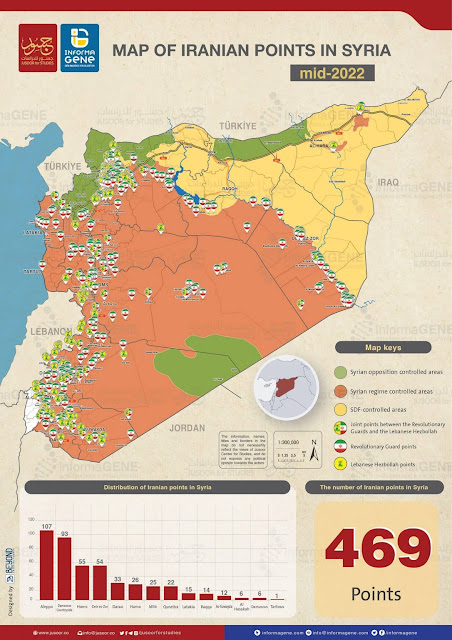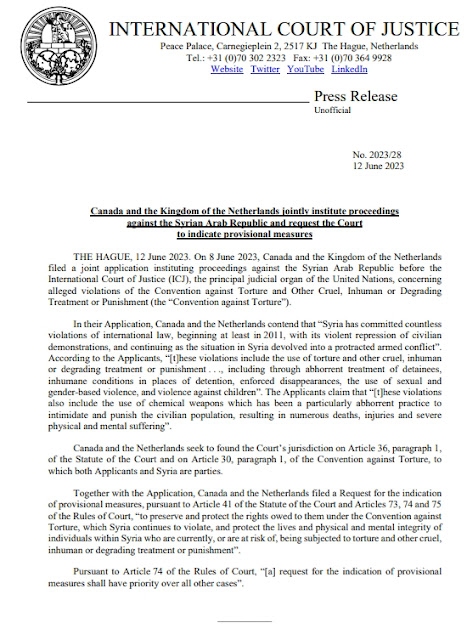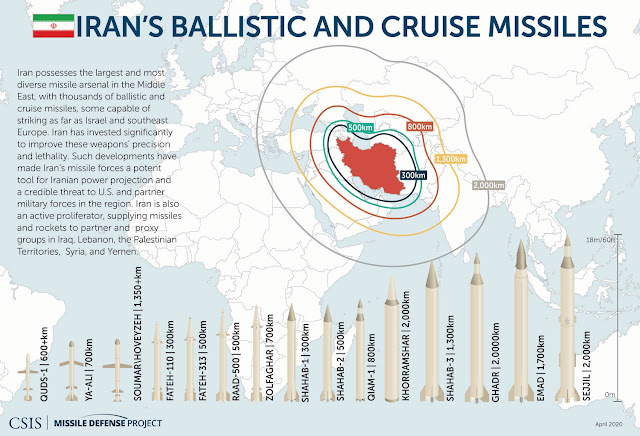Palestinian Governance Key to Mideast Peace, State's Welch Says
United States concerned about security problems in Gaza
By David Shelby
Washington File Staff Writer
Washington -- Much of the future progress in the Middle East peace process hinges on the ability of the Palestinian Authority to establish effective, accountable governance over the area that Israeli settlers and security forces recently have evacuated in the Gaza Strip, according to Assistant Secretary of State for Near Eastern Affairs David Welch.
Welch told members of the House of Representatives International Relations Subcommittee on the Middle East and Central Asia September 21 that the Palestinians must govern in a way that earns the confidence of the Israelis, the international community and the Palestinians themselves.
“Now that Israel is out of Gaza, we have the first substantial test in decades of the proposition that the institutions of the state can be constructed in a responsible way by the Palestinians themselves. And at the heart of that is this question of law and order and security,” Welch told the lawmakers.
On September 20 in New York, the United States, the European Union, Russia and the United Nations, known as the Quartet when dealing with the Israeli-Palestinian conflict, met for the first time since Israel’s withdrawal from Gaza to discuss ways to maintain momentum toward a peaceful settlement of the conflict. (See “Mideast Quartet Looks To Build on Israeli Withdrawal from Gaza.”)
At the subcommittee hearing, the assistant secretary expressed the administration’s concern over reported security failures following Israel’s withdrawal, including smuggling across the Gaza-Egypt border and looting in the Gaza greenhouses that Israel turned over to the Palestinians.
“The events of the past few days underscore the very real challenges facing the Palestinian Authority as it takes on new responsibilities for governance,” Welch said. The Palestinian Authority “must move quickly to establish order and take steps to dismantle the infrastructure of terror. …And progress must continue on the critical task of reforming the PA security services under a unified civilian command.”
Lieutenant General William Ward, who served as the U.S. coordinator for the Palestinian security forces during the Israeli withdrawal, told the lawmakers that the reform of the security services should start with an assessment of the Palestinians’ security needs. Such an assessment, Ward said, could serve as the basis for a comprehensive plan of how those forces should be structured. He said that the militias also must be disarmed and that the capabilities of the Ministry of the Interior must be enhanced.
Assistant Secretary Welch also spoke about the need for economic growth in Gaza: “Four years of Intifada-induced economic decline left over two-thirds of Gazans in poverty.”
Recognizing that extremists could capitalize on the desperation created by these high levels of poverty, he said the international community is committed to helping the Palestinians overcome their economic difficulties.
“There’s no question that the international community is now unified in its purpose here, and part of the plan … is to marshal that international support in a direction that helps the moderate center of the Palestinian community,” he said.
In particular, he called on Arab states to live up to their commitments of financial support for the Palestinian Authority.
Welch’s testimony is available on the House International Relations Committee Web site.
Source: The Bureau of International Information Programs, U.S. Department of State.
United States concerned about security problems in Gaza
By David Shelby
Washington File Staff Writer
Washington -- Much of the future progress in the Middle East peace process hinges on the ability of the Palestinian Authority to establish effective, accountable governance over the area that Israeli settlers and security forces recently have evacuated in the Gaza Strip, according to Assistant Secretary of State for Near Eastern Affairs David Welch.
Welch told members of the House of Representatives International Relations Subcommittee on the Middle East and Central Asia September 21 that the Palestinians must govern in a way that earns the confidence of the Israelis, the international community and the Palestinians themselves.
“Now that Israel is out of Gaza, we have the first substantial test in decades of the proposition that the institutions of the state can be constructed in a responsible way by the Palestinians themselves. And at the heart of that is this question of law and order and security,” Welch told the lawmakers.
On September 20 in New York, the United States, the European Union, Russia and the United Nations, known as the Quartet when dealing with the Israeli-Palestinian conflict, met for the first time since Israel’s withdrawal from Gaza to discuss ways to maintain momentum toward a peaceful settlement of the conflict. (See “Mideast Quartet Looks To Build on Israeli Withdrawal from Gaza.”)
At the subcommittee hearing, the assistant secretary expressed the administration’s concern over reported security failures following Israel’s withdrawal, including smuggling across the Gaza-Egypt border and looting in the Gaza greenhouses that Israel turned over to the Palestinians.
“The events of the past few days underscore the very real challenges facing the Palestinian Authority as it takes on new responsibilities for governance,” Welch said. The Palestinian Authority “must move quickly to establish order and take steps to dismantle the infrastructure of terror. …And progress must continue on the critical task of reforming the PA security services under a unified civilian command.”
Lieutenant General William Ward, who served as the U.S. coordinator for the Palestinian security forces during the Israeli withdrawal, told the lawmakers that the reform of the security services should start with an assessment of the Palestinians’ security needs. Such an assessment, Ward said, could serve as the basis for a comprehensive plan of how those forces should be structured. He said that the militias also must be disarmed and that the capabilities of the Ministry of the Interior must be enhanced.
Assistant Secretary Welch also spoke about the need for economic growth in Gaza: “Four years of Intifada-induced economic decline left over two-thirds of Gazans in poverty.”
Recognizing that extremists could capitalize on the desperation created by these high levels of poverty, he said the international community is committed to helping the Palestinians overcome their economic difficulties.
“There’s no question that the international community is now unified in its purpose here, and part of the plan … is to marshal that international support in a direction that helps the moderate center of the Palestinian community,” he said.
In particular, he called on Arab states to live up to their commitments of financial support for the Palestinian Authority.
Welch’s testimony is available on the House International Relations Committee Web site.
Source: The Bureau of International Information Programs, U.S. Department of State.


